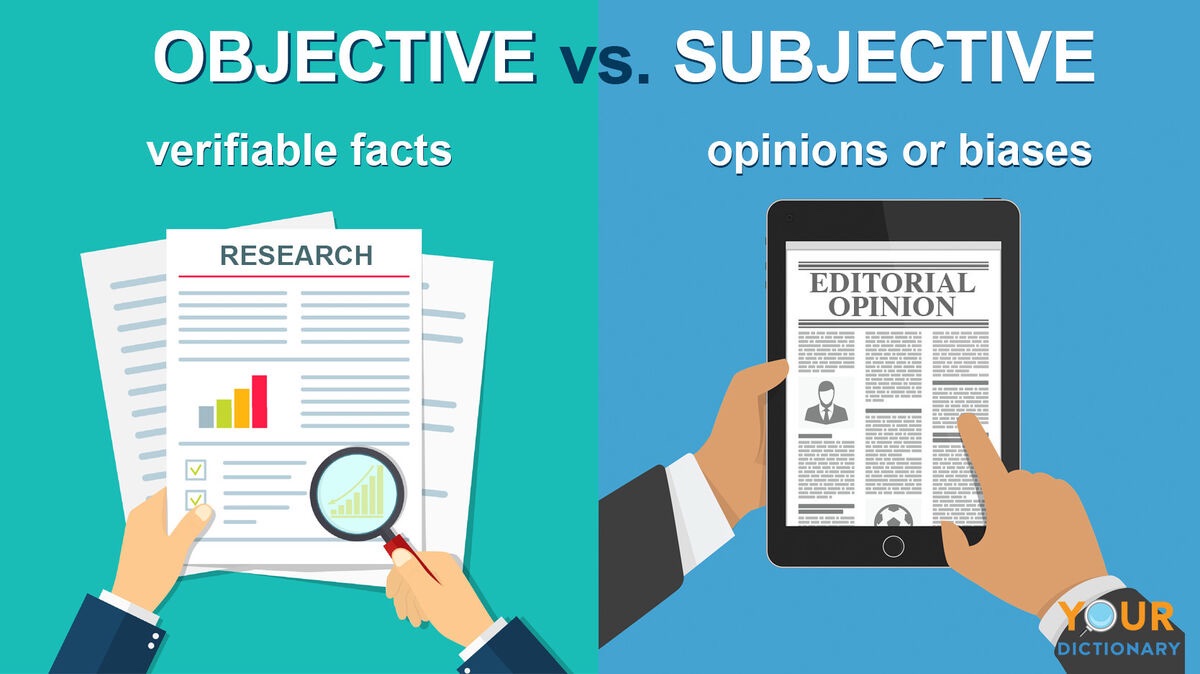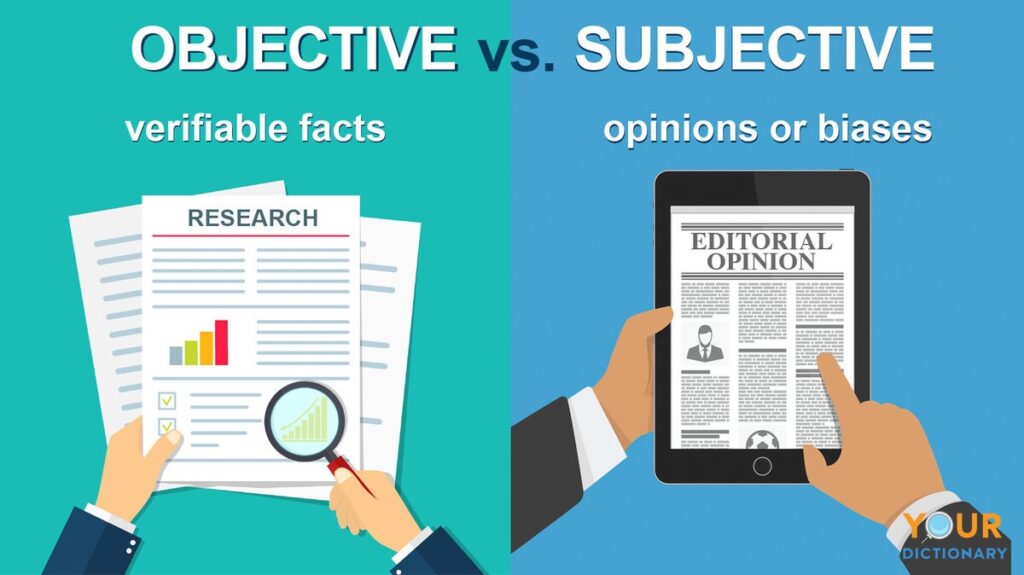Embers!

This morning, Carlos Lozada of The New York Times published an article entitled, “The 73 Percent Solution.”
I need solutions, now and always. What is his? Will it be relevant to me?
You needn’t rush over and use up your article limit and curse me if you’re not a New York Times subscriber (but really, why aren’t you? You get what you pay for regarding content online, aside from my quality writing 🤪) The opinion piece lamented common internet culture behind leaving non-valuable encouraging comments, like “100%!” “THIS.” Or “straight fire!!” Preferring, rather, “73%,” or a little this, a little that, or “embers!!”
This got me thinking.
What are your biggest challenges?
My biggest challenge has inspired a different post, which is less than 73% complete upon reading Lozada’s article. I wanted to strike while inspiration was hot.
My second biggest challenge is wanting to be likable.
Likable is a survival mechanism when abandonment is your greatest fear. Likable discourages you from talking to a stranger in fear of a negative response. It limits your ability to contribute to community, thus fueling our culture’s crisis of social anxiety.
Likable inhibits self expression, considering impressions on others more than your own considered, researched thoughts. Likable often makes you agreeable.
Let’s agree to disagree
“…in written, oral or emoji form […] ‘100 percent’ lets me know that I’ve accomplished nothing but scratch your ideological itches, confirm your convictions, pinpoint your intellectual erogenous zones.”
Carlos Lozada, for the New York Times
I understand conversational norms encourage a listener to make confirming statements. An “mhm” here and an “exactly!” there remind a speaker that you’re listening.
Yet I’ve found many, myself included, guilty of overuse of “I know,” “100%” and the like in conversation.
If we know, why are we talking? Why aren’t we just sitting in agreeable silence?
Give me a dissent! Give me reasoning why this relates to you. Dethrone me of my soapbox, do not fan me upon it!
Confirming statements show that you’re listening, dissenting statements show that you’re considering what is being said. That’s deeper.
73%
As I began writing this essay, a concern flashed over me: “Am I sharing this article because I agree 100 percent? Will I become what it is that I fear?”
Upon reflection, I don’t agree with him 100 percent. He states that agreeing 100% is at the root of our political polarization, our national disunity. He states that if you fully agree with what he has said, he has not done his job persuading or engaging, a primary focus in his role as an opinion columnist.
I dissent! There are three main points to which I refute.
1. I believe the root is deeper, that these conversational norms stem from lacking crucial pause. That many people find themselves so distracted and burned out that they don’t—can’t get out of the overstimulation cycle. They’re so used to receiving blurbs of people’s opinions in vertically shot quick videos and ninety-minute-long podcast episodes implanted in their ears that they’re limited in ability to think objectively.

2. The problem is not that the author would not have done his job well as an opinion columnist, but as culture shifts more into us vs. them polarized boxes, he no longer has a job to do in presenting his opinions. Opinions are an opportunity for dialogue, and agreeing is shutting dialogue down, even if it’s done so in the positive.
3. I believe there is social conditioning at play. The primary social interaction for many is through the lens of their phones. Commenting on someone’s shared content with something slightly negative is apt to earn you a barrage of critical comments in response—a modern-day digital stoning.
The algorithm not only encourages sameness, the culture around responding to online content discourages dissent. A tech issue became a culture issue.
Likability
…back to the writing prompt. Back to me. Ha! Maybe you, too—that’s why I write. The problem with a concern for likability and a tendency to be agreeable is that it muffles authenticity.
As I publish frequently on this blog, I sometimes feel a concern about how my opinions could affect future opportunities. What if I say the wrong thing? Should I keep my writing to myself instead?
No.
I don’t fear dissenting opinions. It’s up to me to create. I share what I create as a gift. It’s not up to me how people will interpret or misinterpret what I say. My opinions are nuanced and flexible, they may change according to new information. Those who are off put are welcome to disagree, and encouraged to create a dialogue. Dissent is thought provoking, and that’s encouraged around here.
What do you think?